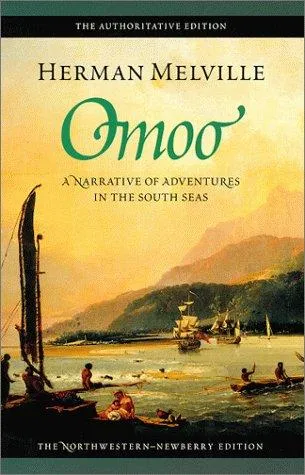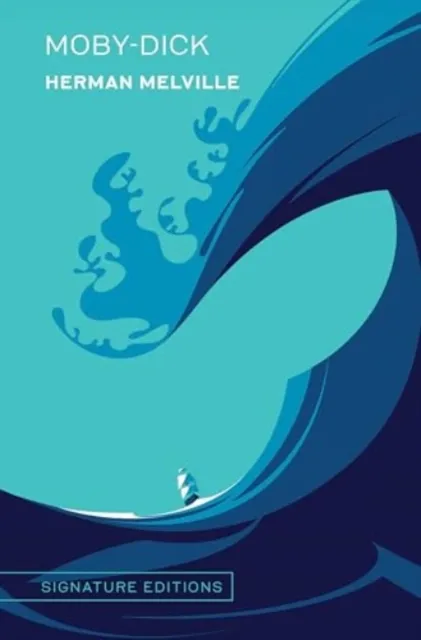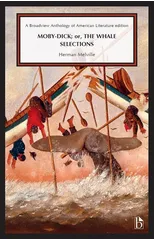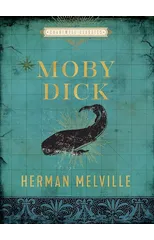Omoo
A Narrative of Adventures in the South Seas
(Author) Herman Melville"Melville's second book, Omoo, begins where his first book, Typee, leaves off. As the author described the book, "It embraces adventures in the South Seas (of a totally different character from 'Typee') and includes an eventful cruise in an English Colonial Whaleman (a Sydney Ship) and a comical residence on the island of Tahiti." The popular success of Melville's first book encouraged him to write this sequel, hoping it would be "a fitting successor." Typee describes Polynesian life in its "primitive" state, while Omoo represents it as affected by non-native influences, including the sophisticated lifestyle of sailors in the Pacific." "Walt Whitman found Omoo "the most readable sort of reading" and praised its "good-natured style." But many reviewers doubted Melville's veracity, and some objected to his "raciness" and "indecencies." Some also denounced his criticism of missionary endeavors, for his attacks on missionaries were more polemical than those undertaken in the earlier book. Over the years, however, readers have been charmed by both."--BOOK JACKET.Title Summary field provided by Blackwell North America, Inc. All Rights Reserved
Herman Melville
Herman Melville (1819-1891) was an American novelist, poet, and short story writer best known for his novel "Moby-Dick," a complex and symbolic work that explores themes of obsession, fate, and the struggle between good and evil. Melville's writing style is characterized by its rich symbolism, philosophical depth, and exploration of existential themes. His other notable works include "Typee," "Billy Budd," and "Bartleby, the Scrivener." Melville's contributions to literature have had a lasting impact on the development of American literature, particularly in the genre of the novel.





